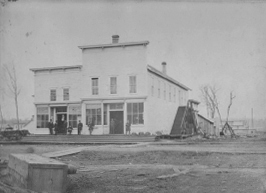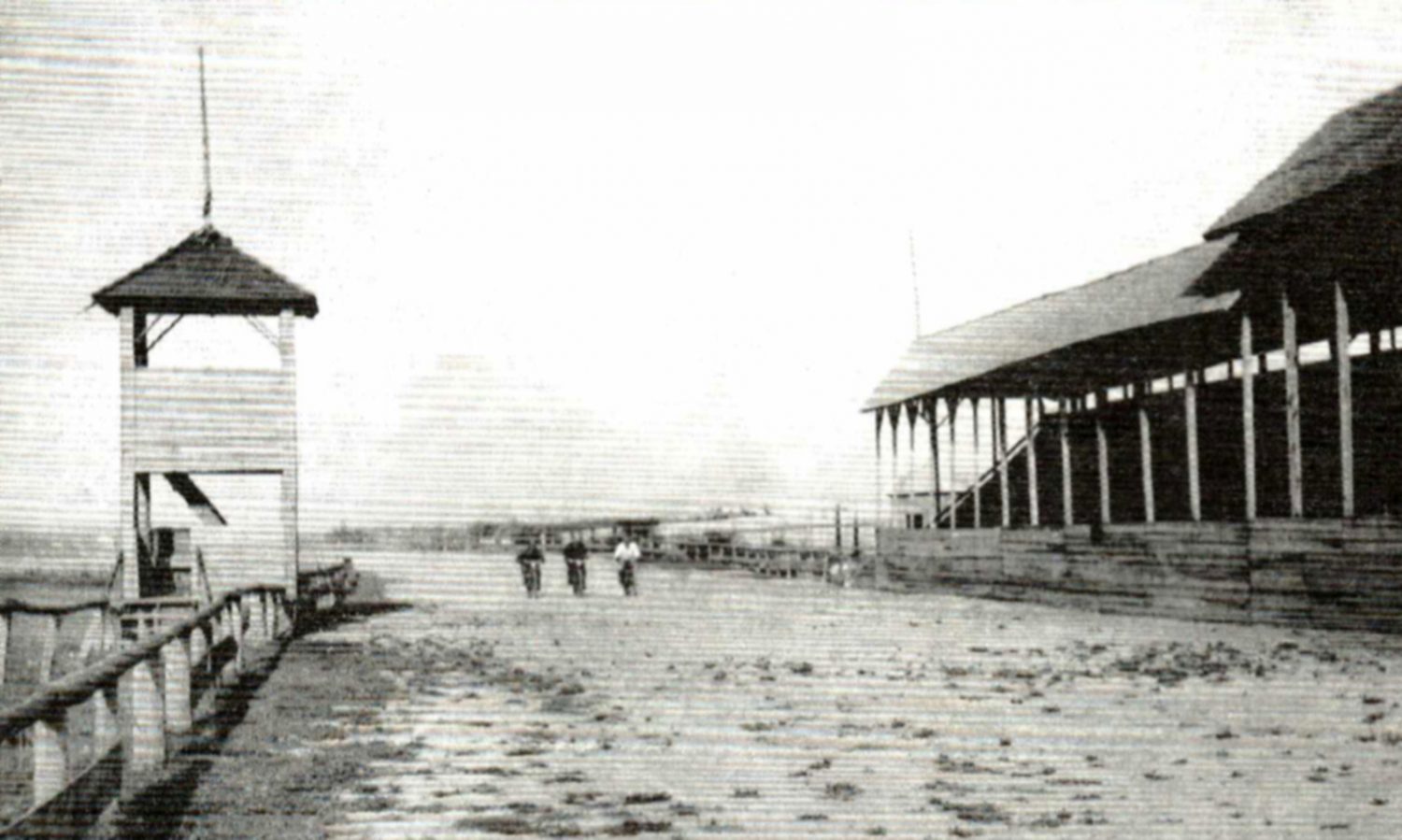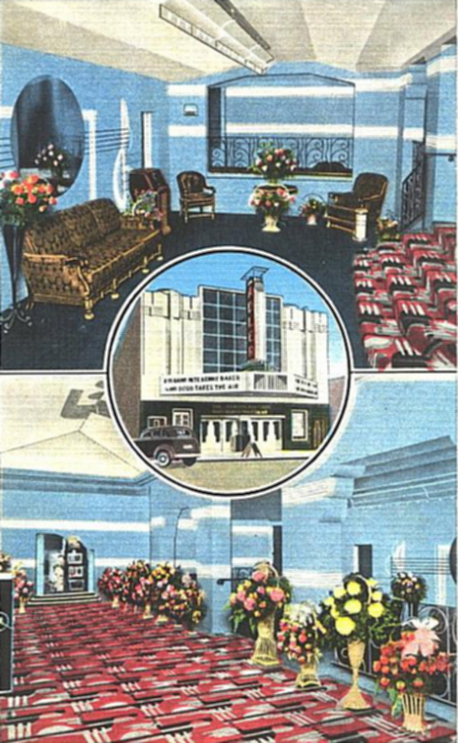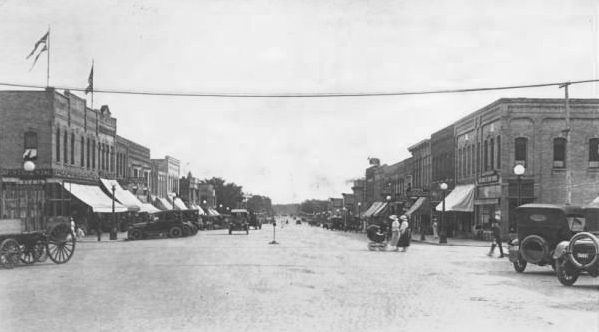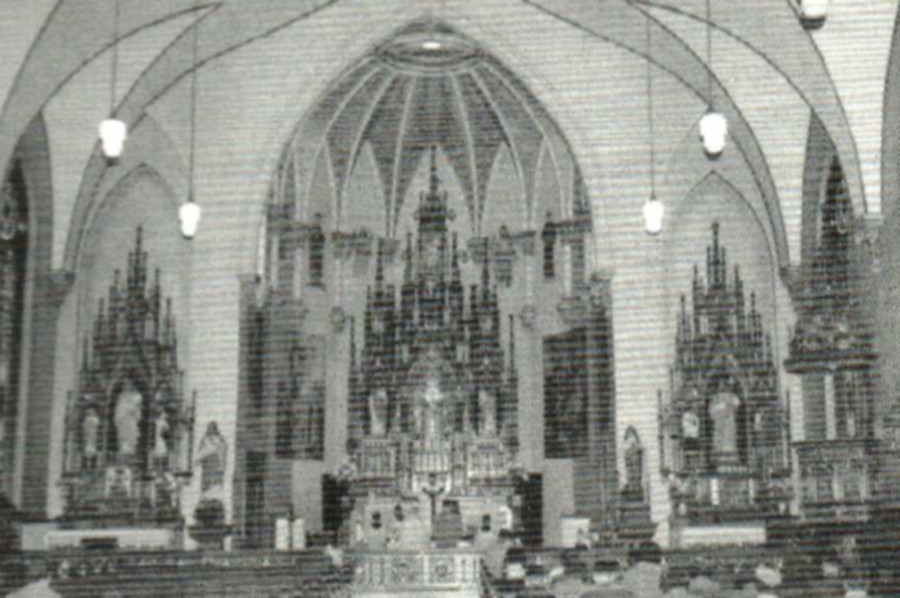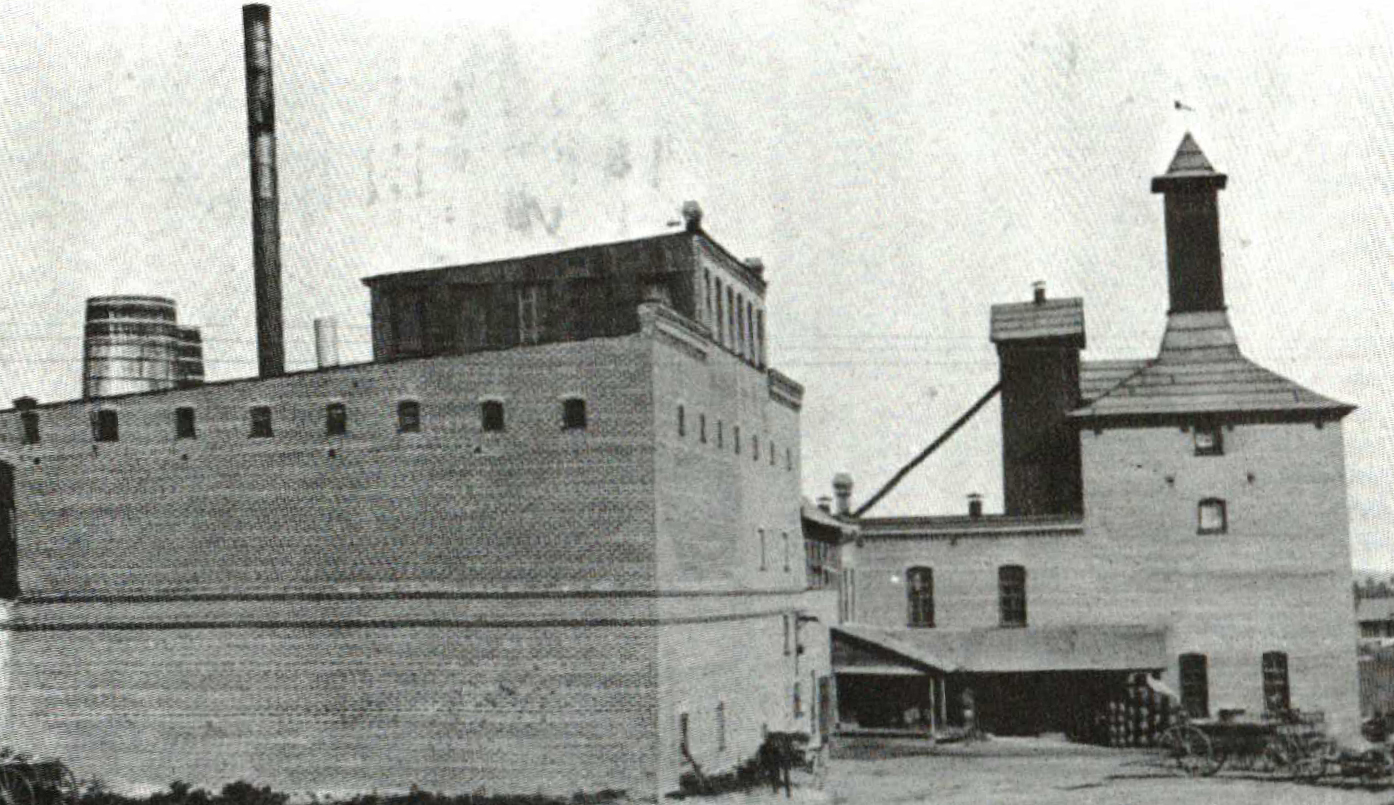The Missing Painting: The Frank Sweda story
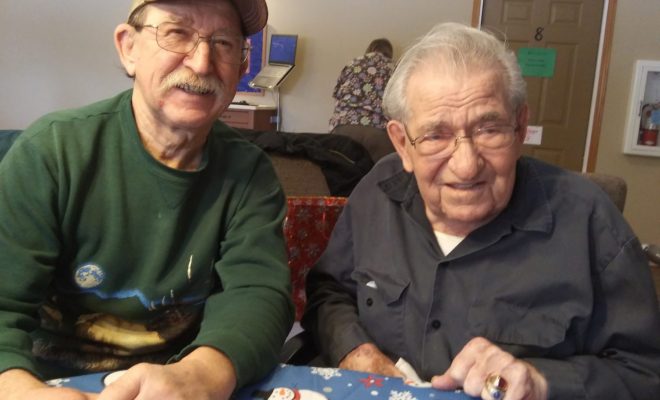
By Chris Kulinski
Guest Columnist
That first meeting with Frank Sweda sparked a 60 plus year friendship that continues to this day.
For the last couple of years I have been spending more quality time with my friend listening to his life’s recollections. On a cold, rainy spring day in 2016 we started talking of his early years, the hard work, and staying home to take care of his parents while his siblings left to pursue other endeavors.
Many of the Polish Ruthenian immigrants came to Wisconsin via Pennsylvania. They had friends and relatives that continued to live there. Frank specifically mentioned Donora, Monessen, Big Washington, and Little Washington – all in Pennsylvania. Frank mentioned an uncle and others who worked in the factories and foundries there. One time, while visiting, his uncle gave him a new, red plaid hunting jacket. His uncle worked in a barbwire factory where they did an acid wash and galvanizing. The acid wash would eat away at the material in the clothes they wore. The fumes from the plant and acid wash residue were all over the neighborhood. Their eyes would burn, their noses would run, and people would be afflicted with coughs.
The uncle, fearing the working environment would ruin the expensive jacket, gave it to Frank to take back to the farm in Lublin. I think he just wanted Frank to have it as a gift and that was the only way he could get Frank to accept it. Frank proudly wore that jacket, thick wool pants, and a Cossack fur hat for many years while hunting.
Frank had heard about Father Emelian Glocar coming to the area. The Swedas had killed six deer in the fall hunt in 1959. A brutal 1960 winter set in. Frank recalled that Father Glocar had no heat in a shack used for his dwelling and was on meager rations.
Frank brought him wood for a fire, food, and some venison. He would sometimes bring Glocar to the farm to warm up and eat. In return for his kindness, Glocar told Frank that he would paint him a picture if Frank would bring the material. Frank posed for the painting in his hunting attire seated on a butt end log. The finished painting depicted Frank in his hunting regalia from the waist up.
This was Glocar’s habit – for food and acts of kindness he would paint or draw a picture. Glocar began helping the local elderly priest at the Lublin Orthodox church and later being the priest himself.
Father Emelian left Lublin. One of the places he lived at was an unheated upper flat on Barstow Street in Eau Claire in 1976-1977. He had an assistant/student artist who took lessons from him that knew of the paintings he did in Lublin. That person came to Frank and asked to borrow his painting for an exhibit in Marshfield, as well as asking others to requisition paintings for this exhibit.
It was stated to Frank that someone stole his painting during the exhibit. If so, there should be a record of the theft in a police report. If not, someone acquired Frank’s painting from the Marshfield exhibit
It would be nice, if whoever acquired the painting would be willing to share it with Frank who is now 92 and living at Traditions assisted living in Thorp.
In 1985, Glocar preached his last sermon at the St. Sava Monastery. He passed away that same evening.

